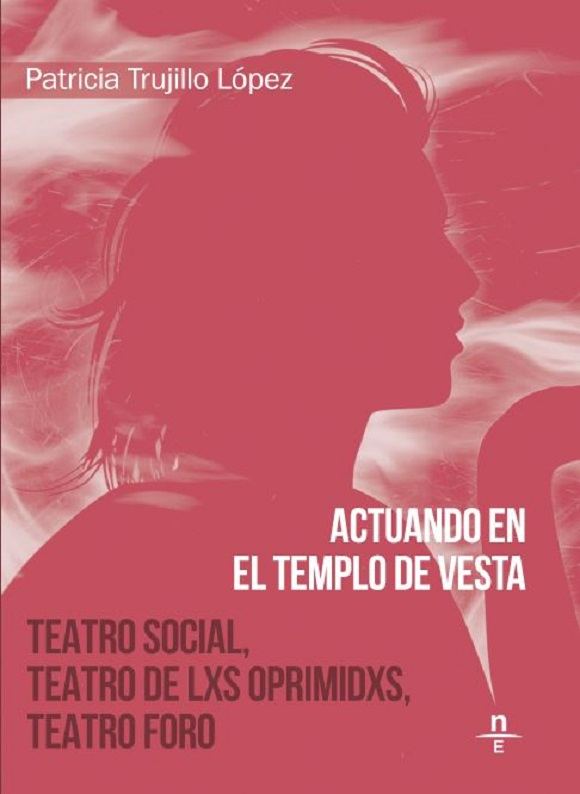Este libro está escrito desde el amor hacia la práctica del teatro social, el trabajo comunitario, la creación colectiva y el teatro. Nos situamos claramente desde el convencimiento de que el teatro social ofrece recursos reales para una transformación global positiva y justa. Pensamos que es útil, necesario y urgente.
Confiamos profundamente en las personas y en la cultura en sentido amplio, así como en la belleza como forma de acción política. Por otro lado la exploración sobre los puntos de encuentro entre la creación escénica y la investigación social genera impulsos mutuos de los que aquí hemos dejado una humilde constancia, esperando promover el interés en este sentido. La mirada feminista y desde el enfoque de la investigación participativa, aportan sendas amortiguaciones críticas a las muchas dudas y recovecos presentes en estos procesos. Escrito a partir de experiencias en Andalucía, sobre igualdad, género y relaciones afectivas, ofrece una interconexión entre lo particular y lo global, con el ánimo de ser aplicable a otros contextos y temáticas.
Con todo ello, subyace a este libro una motivación divulgativa: dar a conocer el teatro social y de las oprimidas; una motivación técnica: ofrecer información útil para clarificar teoría, metodología y práctica, que pueda servir como acompañamiento en procesos formativos o de intervención. Y, por último, una motivación política: poner en valor la complejidad y la riqueza del teatro social, tratando de contribuir a nuestro empoderamiento como trabajadoras y trabajadores en un momento marcado por la creciente profesionalización, así como a la responsabilización sobre el uso de las metodologías de teatro social y del trabajo con grupos.
This book is written from the love of the practice of social theater, community work, collective creation and theater. We clearly position ourselves from the conviction that social theater offers real resources for a positive and fair global transformation. We think it is useful, necessary and urgent.
We deeply trust people and culture in a broad sense, as well as beauty as a form of political action. On the other hand, the exploration of the meeting points between scenic creation and social research generates mutual impulses of which we have left a humble record here, hoping to promote interest in this sense. The feminist perspective and from the participatory research approach provide critical cushioning to the many doubts and nooks present in these processes. Written from experiences in Andalusia, about equality, gender and emotional relationships, it offers an interconnection between the particular and the global, with the aim of being applicable to other contexts and themes.
With all this, an informative motivation underlies this book: to make known the social theater and of the oppressed; a technical motivation: to offer useful information to clarify theory, methodology and practice, which can serve as support in training or intervention processes. And, finally, a political motivation: to value the complexity and richness of social theater, trying to contribute to our empowerment as workers at a time marked by growing professionalization, as well as responsibility for the use of methodologies of social theater and work with groups.

